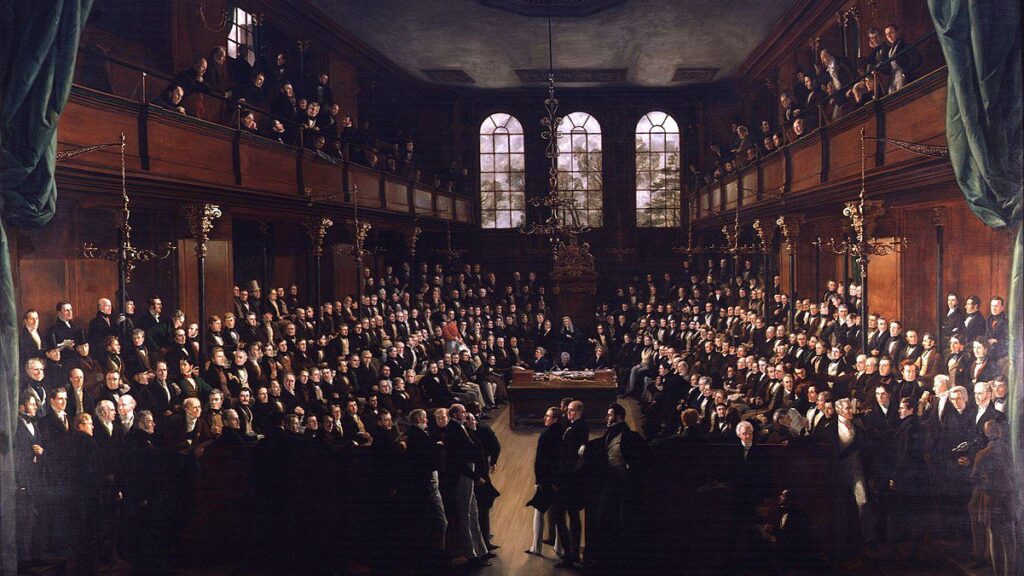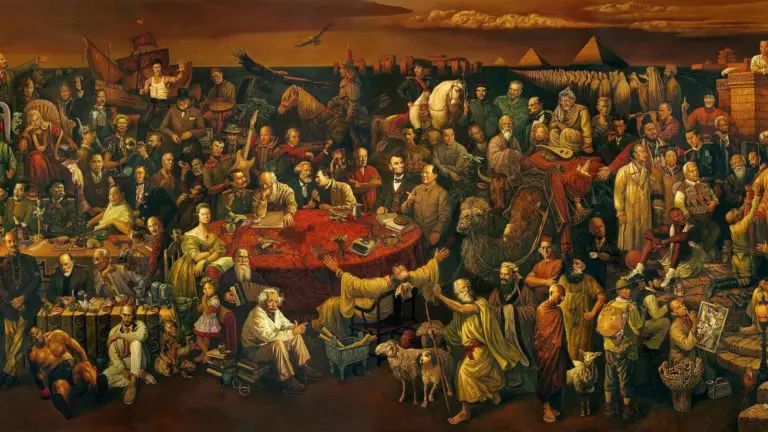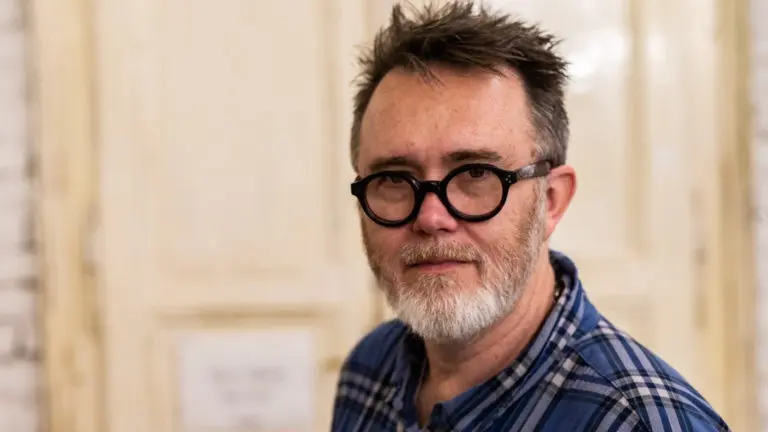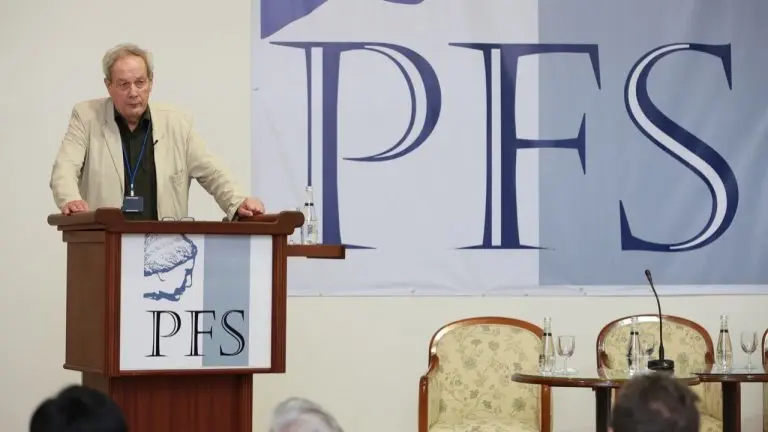If there is one thing that we have had to re-learn over the past few decades, it is the fact that while liberals and conservatives teamed up against communism to win the Cold War, they do not share a political project. ‘Fusionism,’ the technical name for this prudential alliance, is now a relic of the 1980s.
Precisely because liberals like to think of societies as founded by contract, they tend to scour the social order for clauses that should be removed on the grounds that they are unchosen. Meanwhile, the conservative understands that societies are not formed by consent. As pre-political givens to which we owe almost everything, our homelands both arise and remain whole not through the capricious exercise of human will or the ephemeral promptings of individual autonomy, but through love and sacrifice. If conservatives and liberals are to get along, the latter must concede that freedom of choice, though vital in many respects, cannot be allowed to decide everything. Still less can pure liberalism be trusted to decide two very particular things which will be crucial to preserving Western civilisation over the course of the next century.
First, liberalism cannot guarantee victory in our battle against identitarian racial communists. It is near-impossible to imagine the rise of race-based identity politics in the Western world without the unprecedented demographic change to which our countries have been involuntarily subjected through mass immigration. Yet liberals are so bereft of any commitment to conserve anything at the expense of individual freedom, including the free choice of immigrants to transform a country that is not theirs, that they only see the (dubious) economic upsides to gambling irreversibly with the fate of our countries in this way.
Second, even if liberals were to become sounder on immigration, the kind of free society they recommend may lead to abundant wealth, but it would fail to make a claim on the human spirit. Liberalism is poorly equipped to address the crisis of meaning that afflicts decadent Western societies.
But first, the demographic blind spot: the cohesive demos required for a law-governed democracy like Britain to work is being swamped by mass immigration. The end result will be a xenos, a society of strangers: not necessarily hostile to each other, but lacking the bonds of allegiance, strengthened by shared ancestry, to keep an inter-generational project going.
Peoples are instinctively groupish and find it difficult, if not impossible, to prioritise liberal universalism over their own particular interests as a collective entity. The liberal desire to end such seemingly irrational allegiances can only be fulfilled if everyone—not just white Europeans—is willing to give up their group identity. Not only is this unlikely in principle; there will also develop a temptation on the part of chest-thumping ethnocentrists, wielding a stronger sense of their own identity, to use the complacent liberalism of other peoples against them. If liberal constitutionalism is all it takes to nullify inter-group conflict, why has it not been a blessing for Liberia—an ultra-diverse country whose constitution, despite updates here and there, has been modelled on the American example since 1847? The propositional content of law means nothing without the demographic conditions to make it work in practice.
There is every reason to think that mainstream conservative politicians do not understand the social preconditions required for a functioning legal order. Many of them seem to believe we are still battling socialists from the 1980s like Michael Foot. Even from the alleged ‘Right’ of the UK Conservative Party, all we ever hear is the old script about supply-side reform, as if the antidote to our civilisational decline is an eye-catching package of tax cuts, deregulation, and glitzy trade deals. At the recent NatCon gathering in London, Jacob Rees-Mogg reframed this economic liberalism as a stimulant to national renewal—and in their proper place, of course, such policies can make us richer. But those of us who care about the survival of Western culture would do well to remember the original Greek meaning of the word ‘economy.’ We must first have a home (oikos) before we discuss the rules (nomos) best-suited to its material flourishing.
Free markets are a fine product of a well-ordered society. In fact, they are probably essential in a modern context, as Friedrich Hayek and others have argued to great effect. But they make for a very poor foundation. If economic liberals like Rees-Mogg were ever trusted to lead a revamped fusionist coalition, we would soon find ourselves living in societies that more closely resemble airport terminals than national homes: rich in opportunities for consumption, but fundamentally alienating, unlovable zones with nothing but a GDP figure shared in common.
The second problem is that liberals are incurably nervous about the moral purpose for which man hungers, the fear being that final ends may come to serve a pretext for tyranny. That danger is real, which is why free speech matters. However, the truth remains that only strong, positive claims on our loyalty of the kind that religion provides can serve as an effective bulwark against menacing forms of ideology. The spiritual emptiness of liberalism only makes people hungrier for meaning and thus more prone to the authoritarian fashions of the hour. As Benjamin Disraeli once put it, “Man is made to adore and obey; but if you give him nothing to worship, he will fashion his own divinities and find a chieftain in his own passions.”
Man’s religious impulse runs deep, such that ‘liberating’ communities from their customary forms of belief and then leaving them to sustain themselves without these supposedly childish crutches is bound to lead to disaster. By defining freedom in terms of freedom from inherited moral traditions, liberalism produces an oversaturation of choice among people who are at the same time deprived of any wisdom—whether rooted in religious faith or historical experience—upon which they could once have relied to help them exercise their liberty in a meaningful way. This in turn motivates many to seek certitude in the totalising schemes of the very fanatics who most threaten the achievements for which liberals want to take credit, such as free speech and the rule of law.
Identity politics, neo-Marxism—whatever we want to call it—this ideology is recruiting a sizeable number of lost souls and making a formidable bid to become the new public faith. To restore some pre-woke era of liberal ‘neutrality’ would simply mean returning to the conditions of profound spiritual starvation which made the far-Left conquest of classical liberalism possible.
In short, liberalism leaves our cultural traditions and moral life at the mercy of whatever happens to result from the totality of individual human wills. Adam Smith’s “invisible hand” may be quasi-providential when it comes to market efficiency, but it cannot be trusted to preserve the religious heritage or the secular achievements of our civilisation. That calling is ours alone, and we must be willing to act in ways that conflict with liberal dogmas if we are to answer it. Even the greatest products of liberalism, at least by liberal lights, depend on all sorts of conditions which liberalism itself does not create and often fails to appreciate or defend.
I have mentioned two: (1) the demographic homogeneity that fosters the high levels of social trust required to make freedom work in practice; and (2) those forms of religious belief which tame the demons of political messianism by satisfying the human heart in this life, despite its manifold imperfections.
In the interests of saving many of the things which liberals themselves most like about liberalism, they will have to settle for the role of junior partners in any second fusionist coalition.
This article is a modified version of an opening speech given by the author in a debate on the prospects of a conservative-liberal alliance. The discussion was one of many that took place over two days at the recent Advancing Freedom conference, put together by New Direction and held in Madrid.






